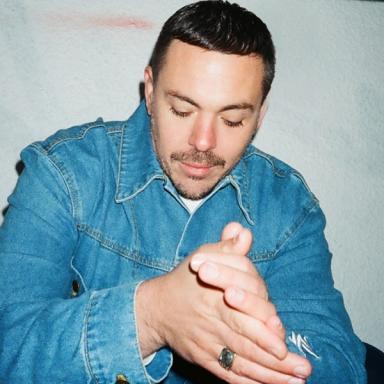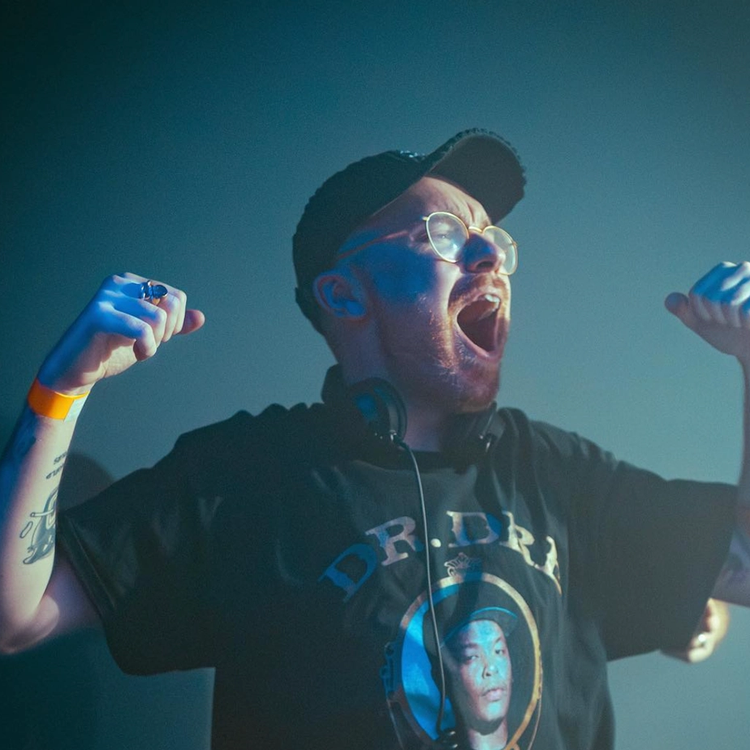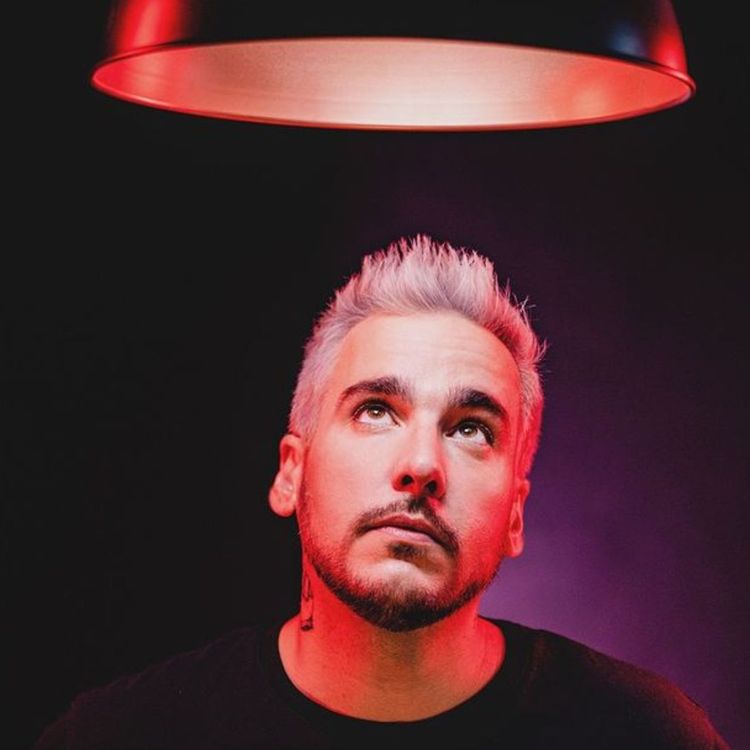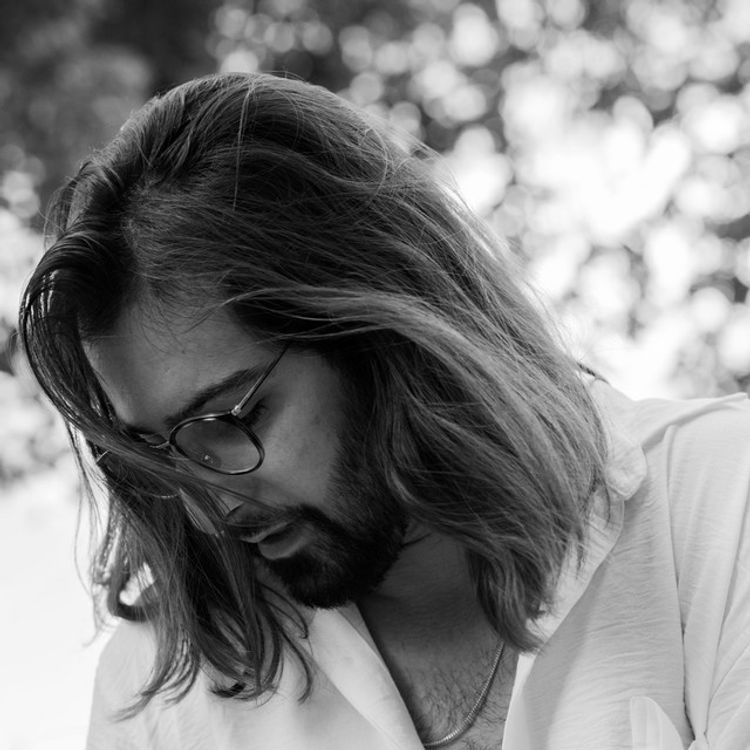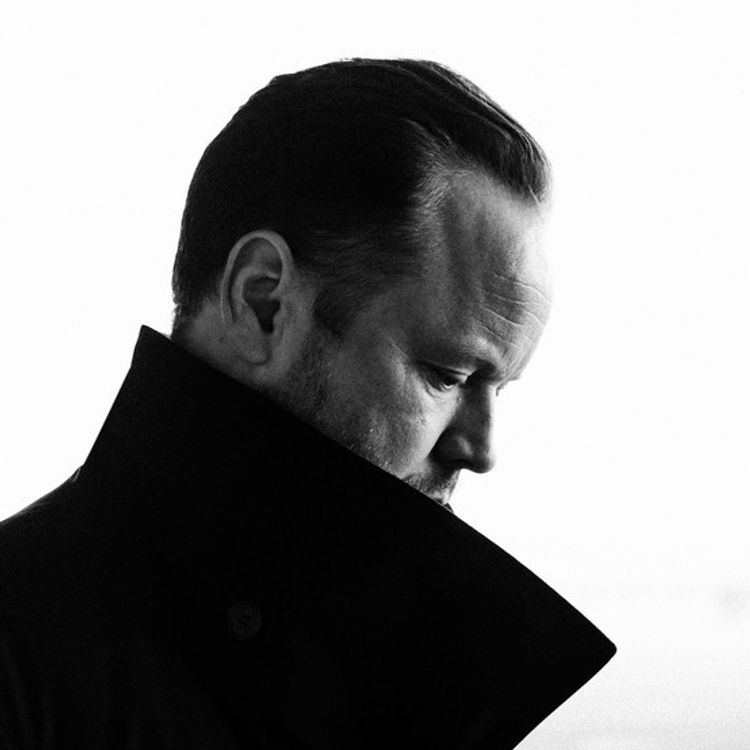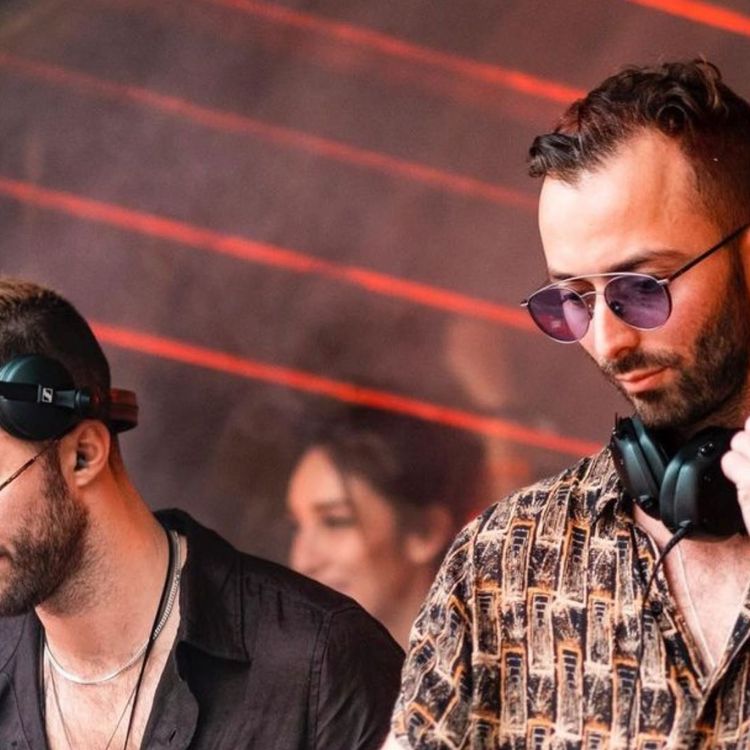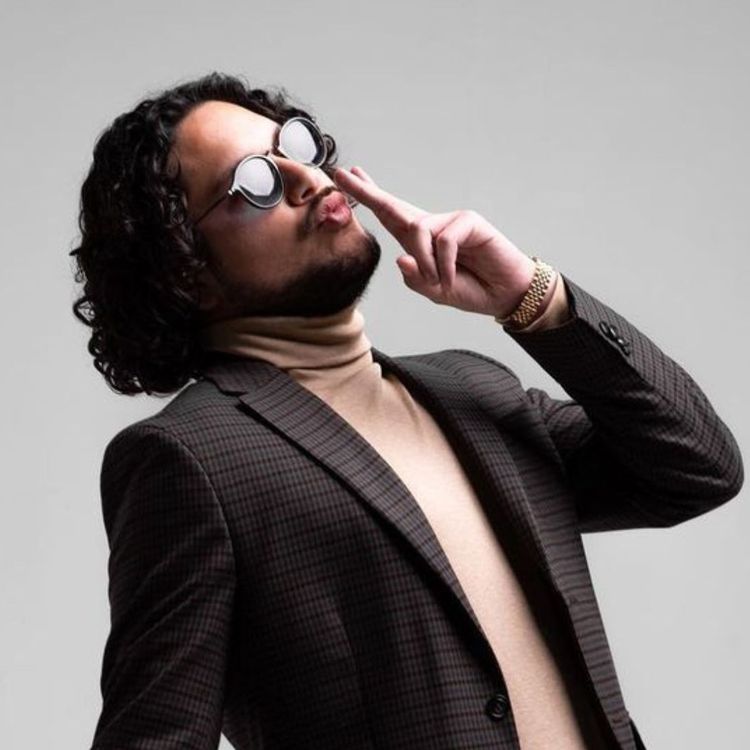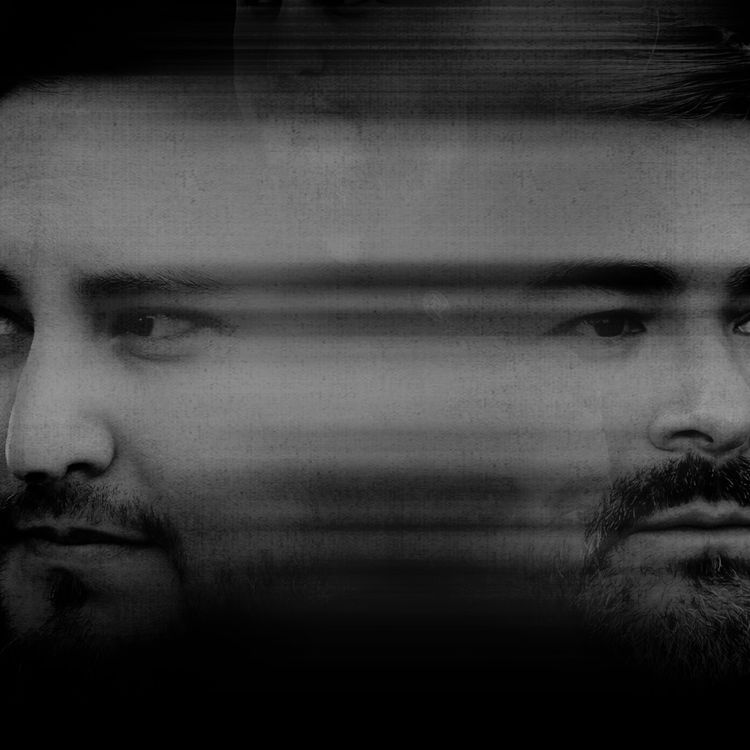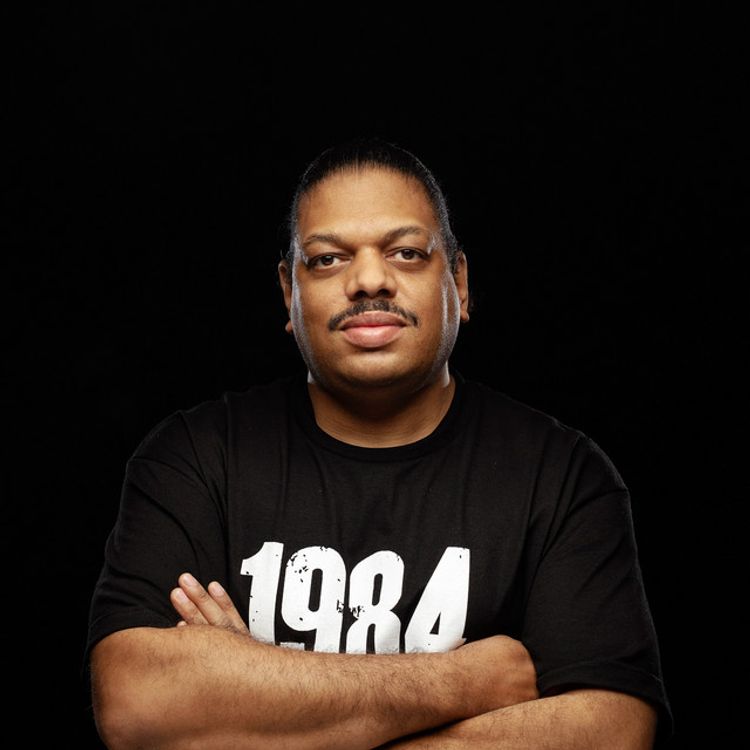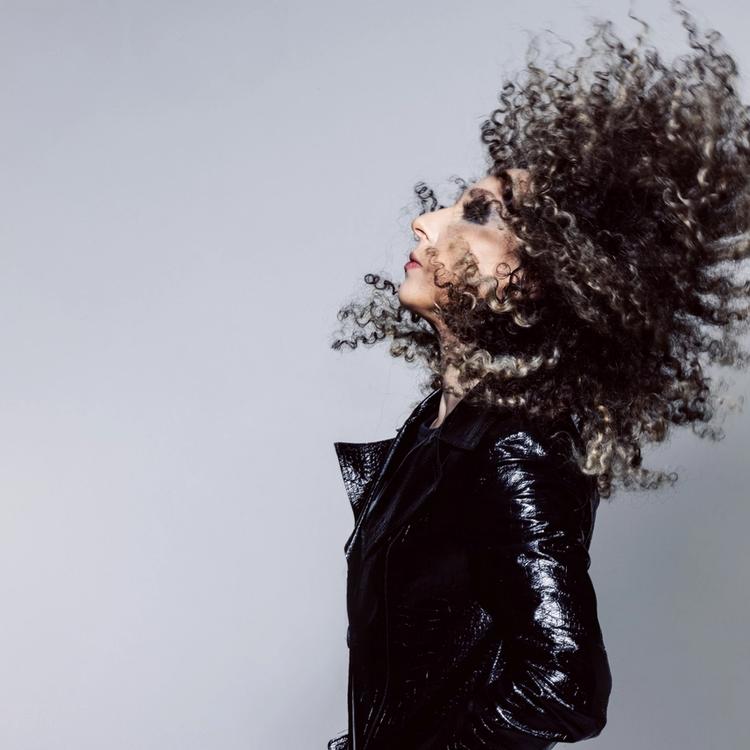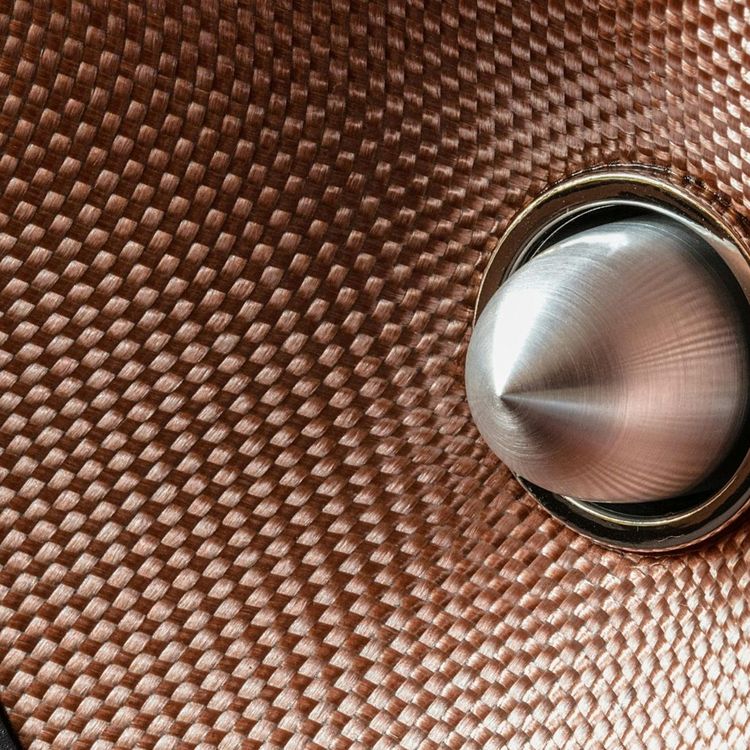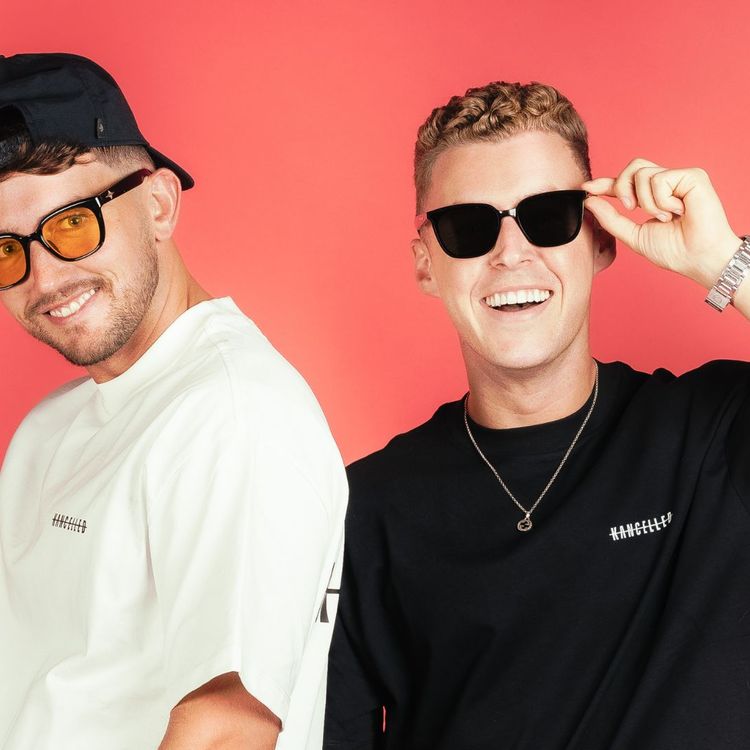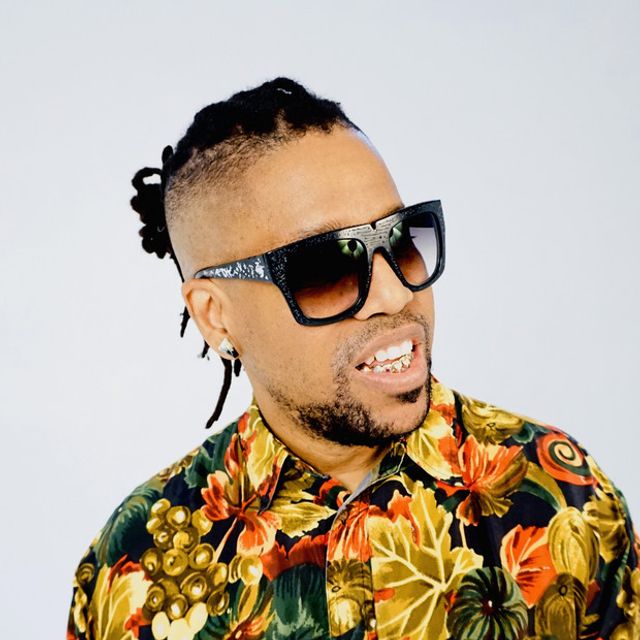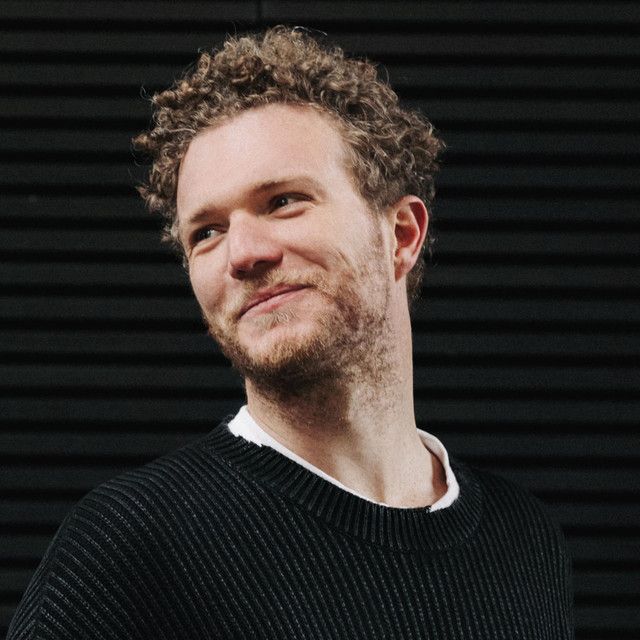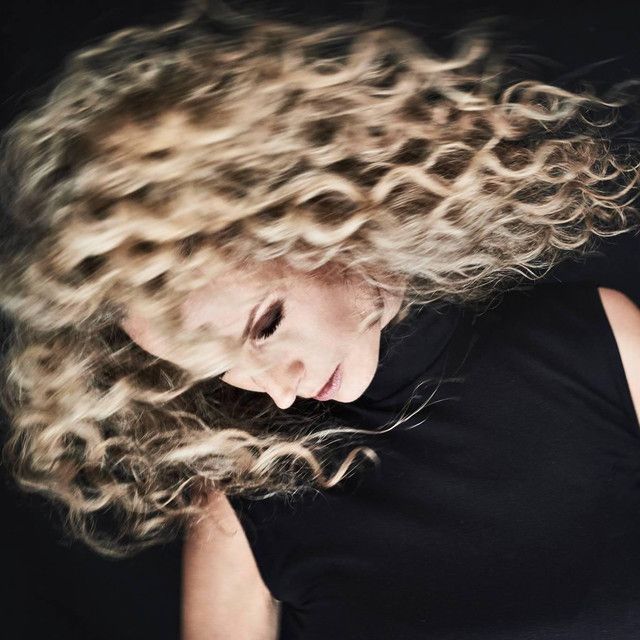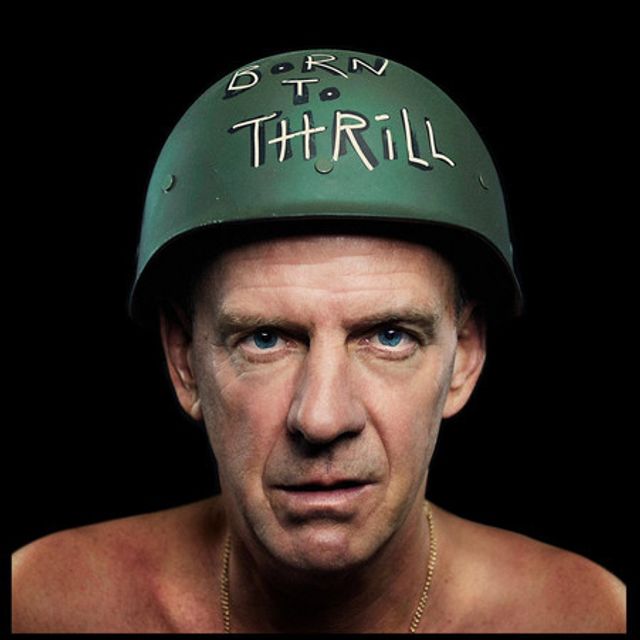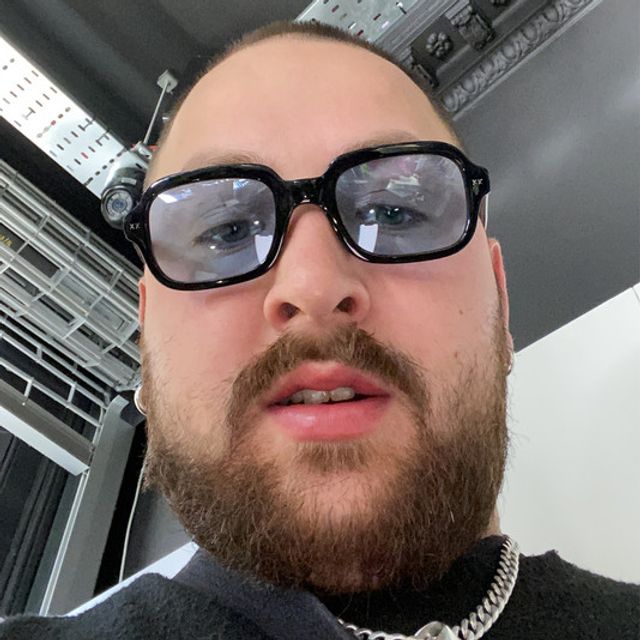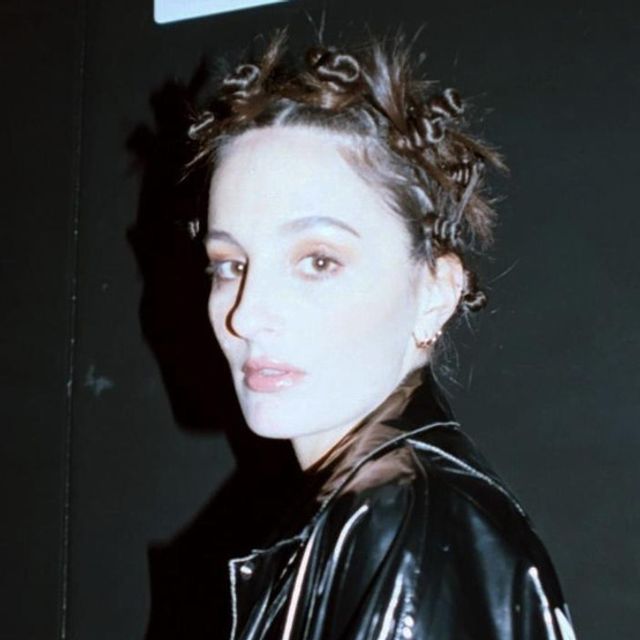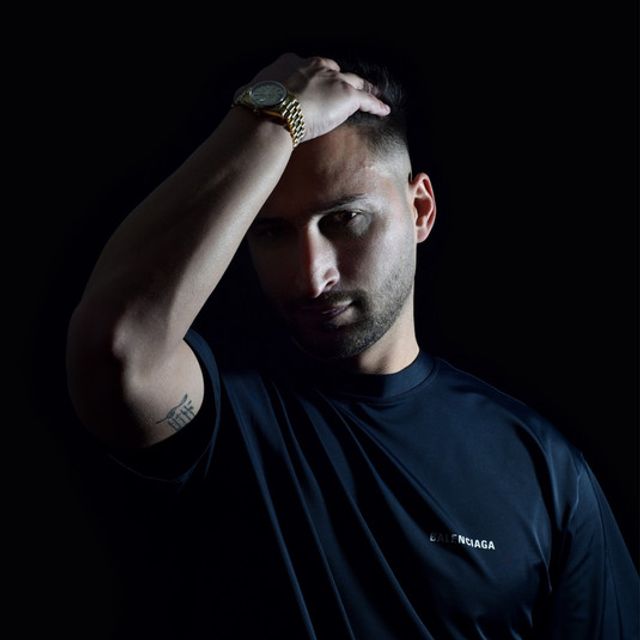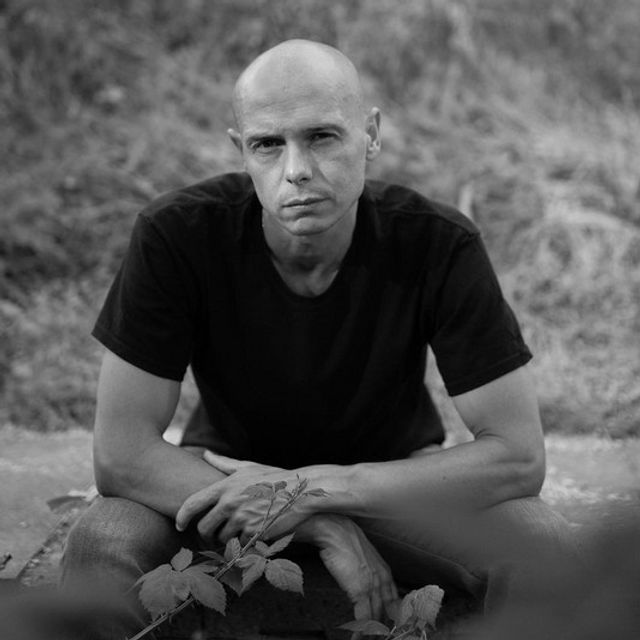Artist Spotlight
As Santé reflects on the winding journey that led him from smashing out beats on his MPC to playing sexy groove-laden house music at clubs like Amnesia, Watergate, and Fabric he tells me how he misses when every day was a new exploration. “You experimented so much in the studio. You just try out and learn new things. It’s so freeing. I really miss those times. It’s like finding your language, finding what's interesting, what inspires you. And I think that [it] was an interesting process.”
The German DJ speaks to me from his home in Portugal. A far cry from Berlin, but a welcome change. Before he moved there it was a second home. And now he can soak up the beautiful weather and surf every day. A skill he says he slowly grew to love. “I was snowboarding all my life more or less. And I came here [for the] first time, my friend was running a surf camp. I took my first classes. I didn't like it so much because I was used to snowboarding. And it was so difficult to get by. But something kind of sparked and I wanted to learn it. And yeah, and ever since I love it. I go twice a day.”
This slow process of falling in love with an art form mirrors how he discovered dance music. His father was an avid jazz fan and record collector. His dad stayed in his lane almost religiously. So much so that Santé doesn’t care much for the genre. But while Santé may have had his fill of jazz records, it’s clear he appreciates the art form and one’s dedication to what defines them.
As Santé created his audio roadmap, he realized a will to create. He picked up the guitar at 14. But says, “After some several lessons and practicing by myself it became kind of boring to me.”
His search for what would define his musical passion was fulfilled when an older friend introduced him to dance music. “He was 16 or 17 and he was working in a record shop part-time. He introduced me to electronic music and I was like ‘Wow, what's this?’ And a little bit later, I started working in a grocery and got my first sampler.” Suddenly a whole new world opened up to him.
It wasn’t long before he found a way to turn his passion into a profession. At 21 he moved to Berlin to immerse himself in the mecca of techno. He intended to finish school but says Berlin had other plans, “I didn't actually make it through university because I was too bad. And I failed. So, I got an internship in a studio. And from that point, everything in my career broke. I met quite a few people especially a producer [who was] well known back in the days, Tiefschwarz’.”
Tiefschwarz and Santé had an instant connection and began to introduce him to the ins and outs of the industry. Santé realized that he could make a living as a musician just as he scored his official first release, a remix for Richie Hawtin.
Even as Santé’s star rose, he found himself living in two not so dissimilar worlds. His nights spent in dark clubs, and his days spent creating music for ads. It’s a skill he feels lucky to have. It’s helped support him through the pandemic. When he’s writing for ads he works to evoke an emotional response dictated by film and a physical reaction, consumption. When he writes for the dancefloor he seeks an emotional response, joy. And a physical one, dancing.
Touring has introduced a new passion, cooking. You can catch his skills on display on an informative and often hilarious cooking show, “Foodieloops.” It’s a brilliant mix of Santé’s infectious sense of humor, and delicious delectables.
He’s a self-taught chef. And he says he picked up a lot of inspiration from his travels. “You meet so many different peoples of different cultures. And yeah, it opens up your horizons. so incredibly, Touring really opened up a lot of culinary interest.”
Santé has been lucky to work in an industry he loves for most of his life. And as he looks towards the future of dance music, he’s hopeful and excited. “I think there’s plenty of incredible times ahead because everyone is not taking going out, clubbing, and having this incredible experience for granted anymore. So I think the next couple of years could be kind of like the golden era of, of clubbing. Because the social context and feelings that you get from an incredible rave or festival is something that you can’t translate with any stream. I think it can make people more aware of how important the social interaction is in real life for that kind of art. Or even as a clubber, I can’t wait to get caught by myself being in a club.”
